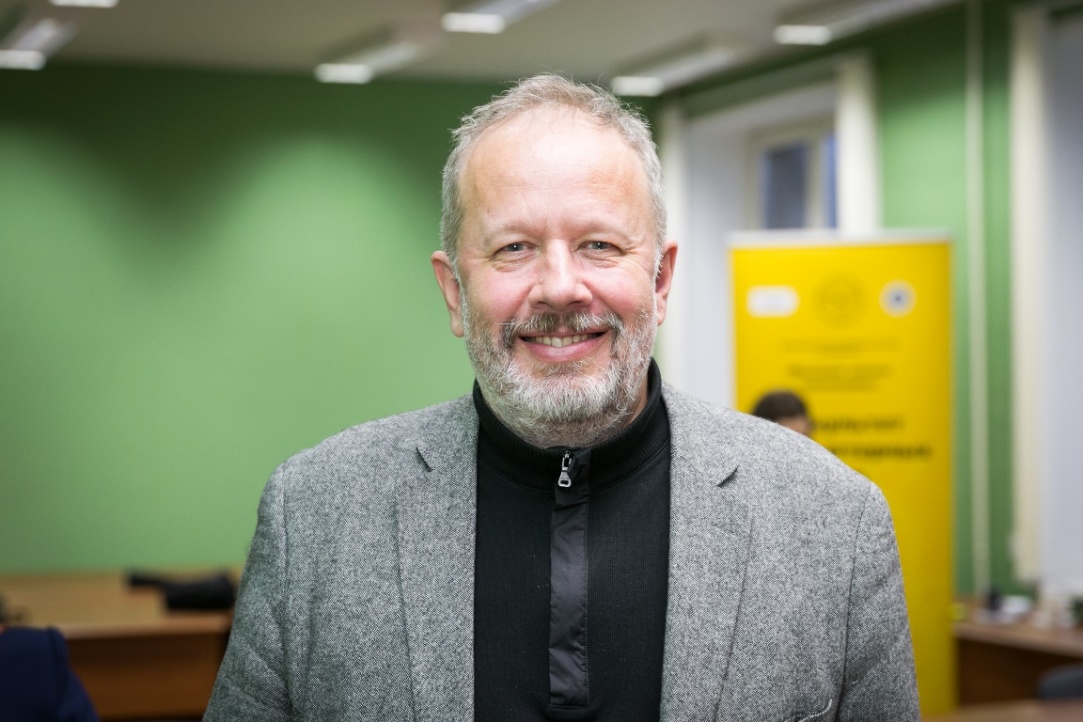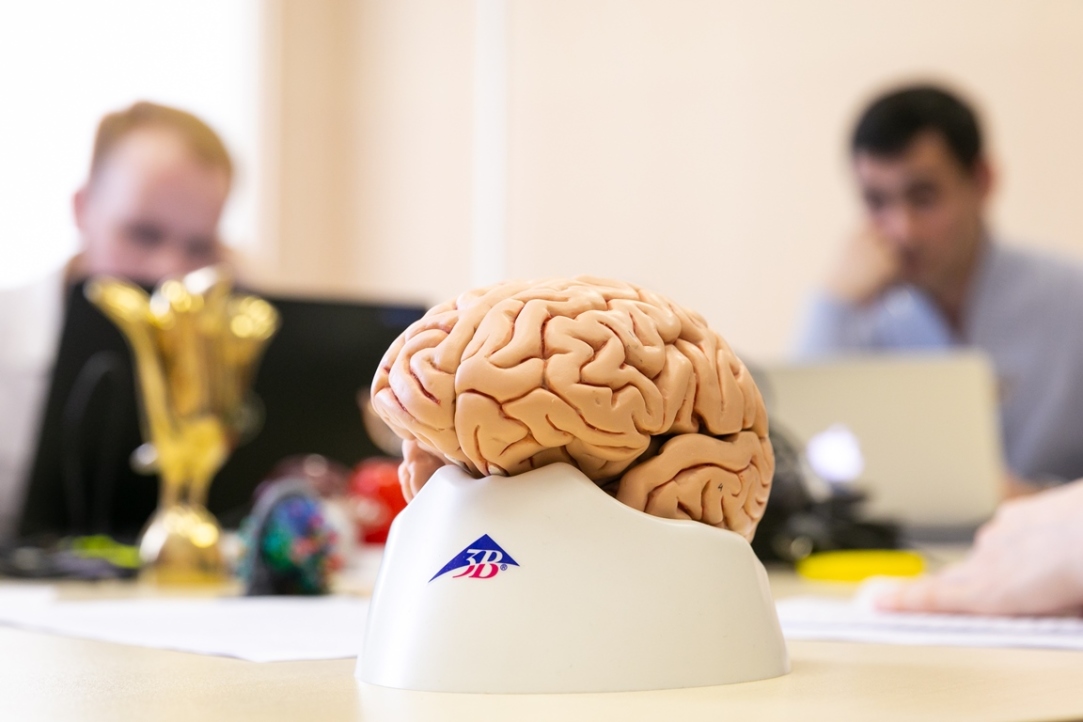
Not Getting Lost in Space: Why It’s Important to Learn to Detect Signals from Neutron Stars
The big scanning antenna at the Pushchino Radio Astronomy Observatory logs almost 90 GB of data every day. The data are usually processed by the astronomers manually. Vladimir Samodurov and Alexander Gorbunov, researchers at the HSE Faculty of Business and Management, decided to relieve the scholars from this hard work and give this job to neural networks. They shared the results of their work in the paper ‘Perspectives of intellectual processing of large volumes of astronomical data using neural networks’.

When There Is No One Around: How Solitude Differs from Loneliness
According to the researchers of the HSE International Laboratory of Positive Psychology of Personality and Motivation, personality development is associated with positive acceptance of solitude. Their study is based on a survey of 204 respondents (41 men and 163 women), mostly students, aged 16 to 25.

Leading Researcher at the HSE Faculty of Computer Science Coordinates New Experiment at CERN
Fedor Ratnikov, a leading researcher at the Laboratory of Methods for Big Data Analysis (LAMBDA), has been appointed project coordinator in the SHiP collaboration. He will be responsible for developing and designing the detector’s active magnetic radiation shielding.

New RSCI List Includes 771 Academic Journals
The new list has been compiled by a working group on quality assessment and selection of journals in RSCI on the Web of Science platform. The list is available on the HSE website.
Not All Diversity Is Equally Beneficial
HSE experts have determined that cultural diversity is beneficial for team performance in eSports, while language and experience diversity negatively affect performance. These results might be of interest to companies of similar industries aiming to maximize profits. The study, entitled ‘Is Diversity Good or Bad? Evidence from eSports Teams Analysis,’ was published in the journal Applied Economics.
Doctoral Student Pursues Cross-Cultural Research in Russian and Italian Primary Education
In May, Lucia Bombieri, a PhD student and intern researcher at the HSE International Scientific-Educational Laboratory for Socio-Cultural Research, delivered a report entitled ‘Instructions and Empathy: Teachers’ Role in Changing Intercultural Relations in School Settings’. Her report presented the preliminary results of a quasi-experiment undertaken in Italy and Russia with the aim of investigating teachers’ role in changing children’s responses towards migrant peers in a socio-cultural and cross-cultural perspective. Participants included teachers and students in the final year of primary school from different cities and regions in northern Italy and the Moscow region.

Centre for Language and Brain Opens at HSE
The Centre stems from the International Neurolinguistics Laboratory and brings together researchers in clinical linguistics, special needs education, psycholinguistics, bilingualism, child speech, and gerontolinguistics. The Centre’s academic supervisor is Roelien Bastiaanse, Professor from the University of Groningen (the Netherlands), a researcher into clinical linguistics and founder of EMCL and IDEALAB, unique international educational programmes.
International Scholars to Discuss Political Epistemologies and Marxism
On June 21-22, the HSE Poletayev Institute for Theoretical and Historical Studies in the Humanities will host a conference on ‘Soviet States and Beyond: Political Epistemologies of/and Marxism 1917-1945-1968’. The event is the second in a series of three conferences organized by an international group of scholars, including Friedrich Cain of the Max Weber Centre for Advanced Cultural and Social Studies at the University of Erfurt, Alexander Dmitriev at the HSE Poletayev Institute for Theoretical and Historical Studies in the Humanities, Dietlind Hüchtker of the Leibniz Institute for the History and Culture of Eastern Europe (GWZO) in Leipzig, and Jan Surman, Research Fellow at the Poletayev Institute for Theoretical and Historical Studies in the Humanities.

STEMatisation of Women: How Gender Stereotypes Can Prevent Women from Having Careers in Knowledge-intensive Industries
Having studied gender imbalances in disciplines such as science, technology, engineering and mathematics, HSE sociologists propose steps to support women in choosing STEM and staying in this field.
HSE Becomes LHCb Associate Member at CERN
The Higher School of Economics has joined the LHCb collaboration at the Large Hadron Collider, which is operated by the European Organization for Nuclear Research. The group from HSE will consist of researchers from the Laboratory of Methods for Big Data Analysis (LAMBDA). This will give HSE researchers full access to data from the collaboration and allow the university to participate in various projects.

